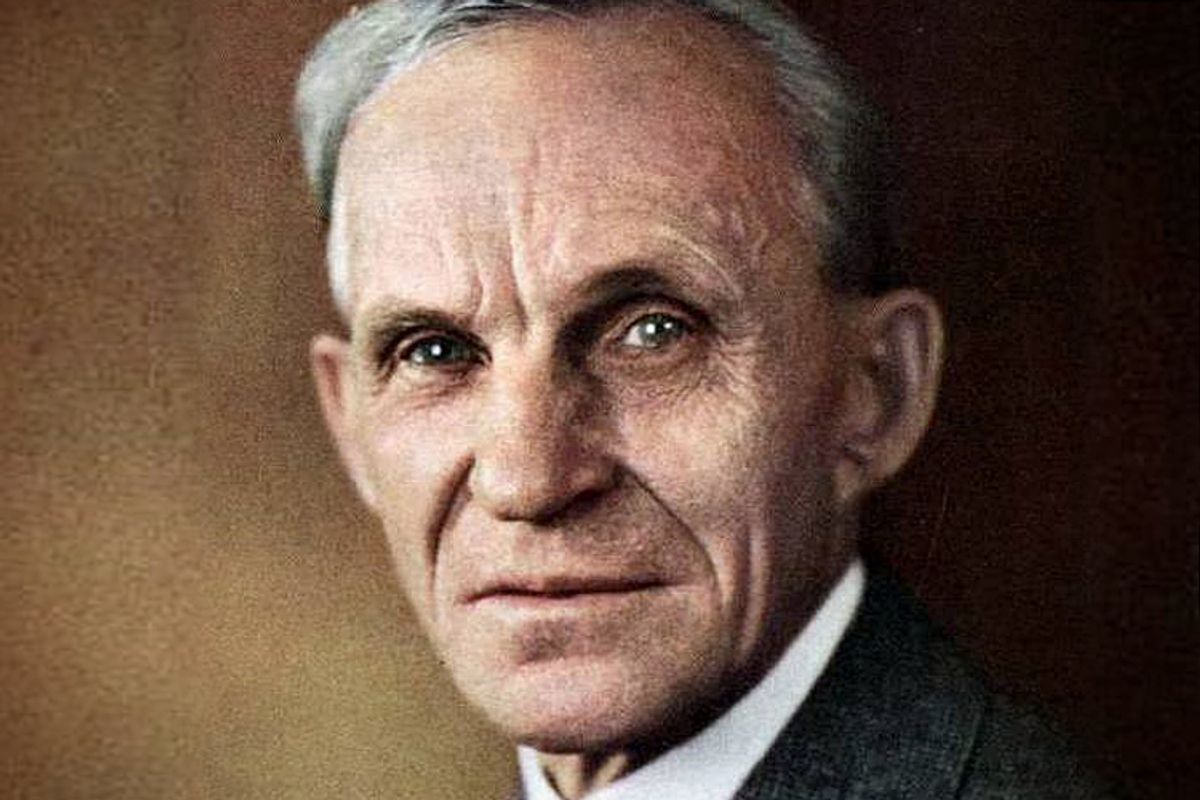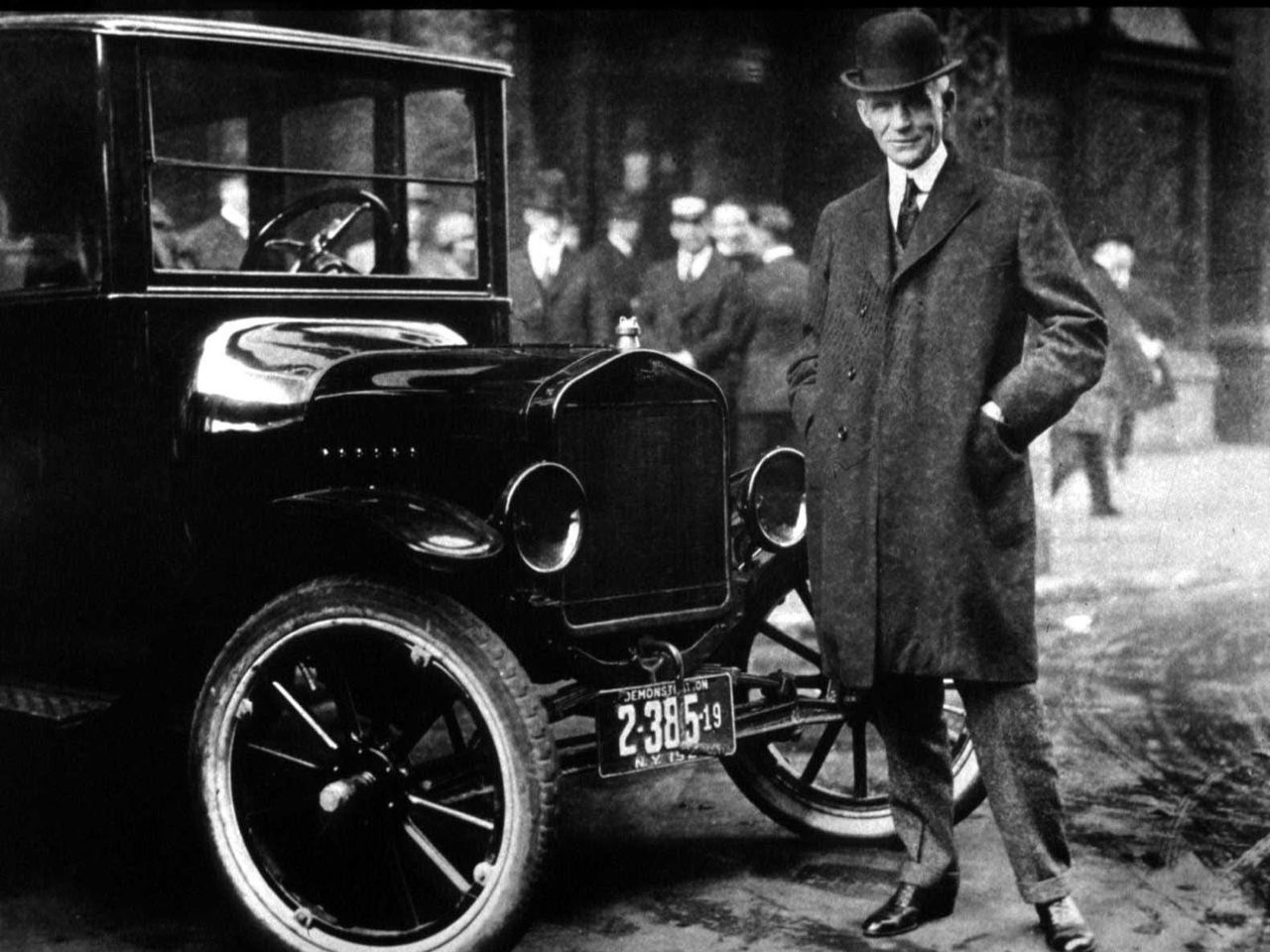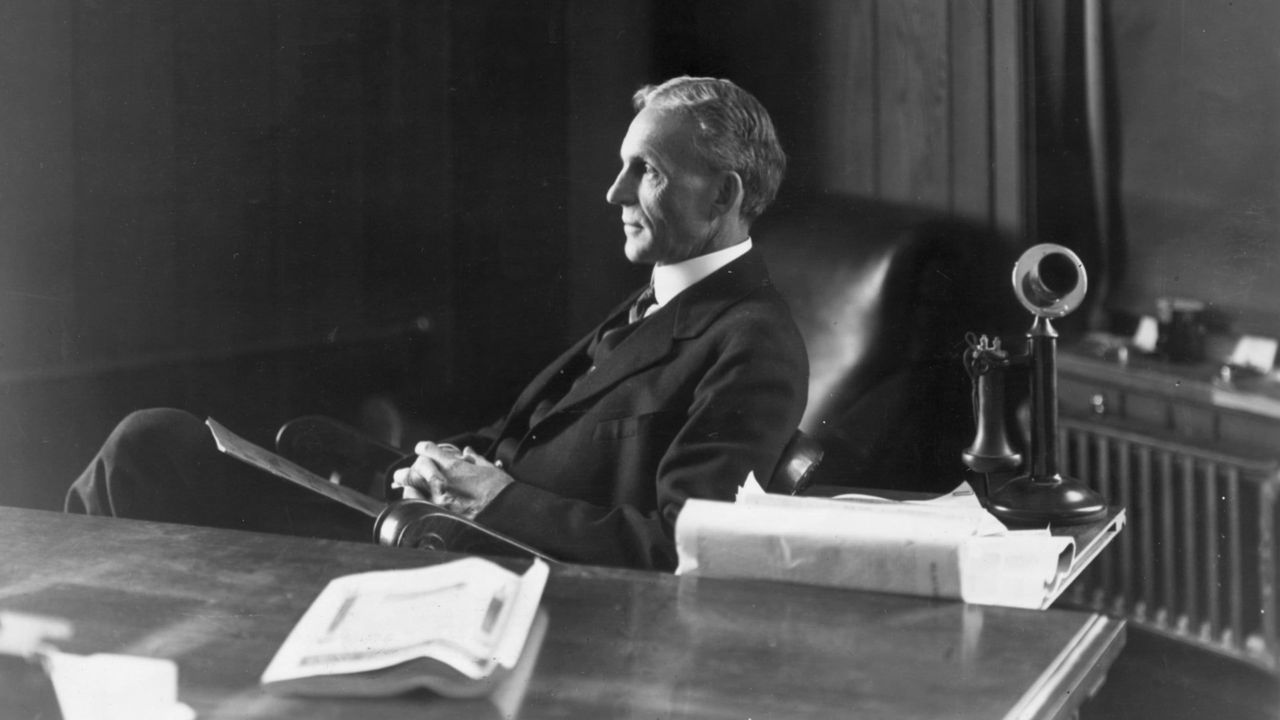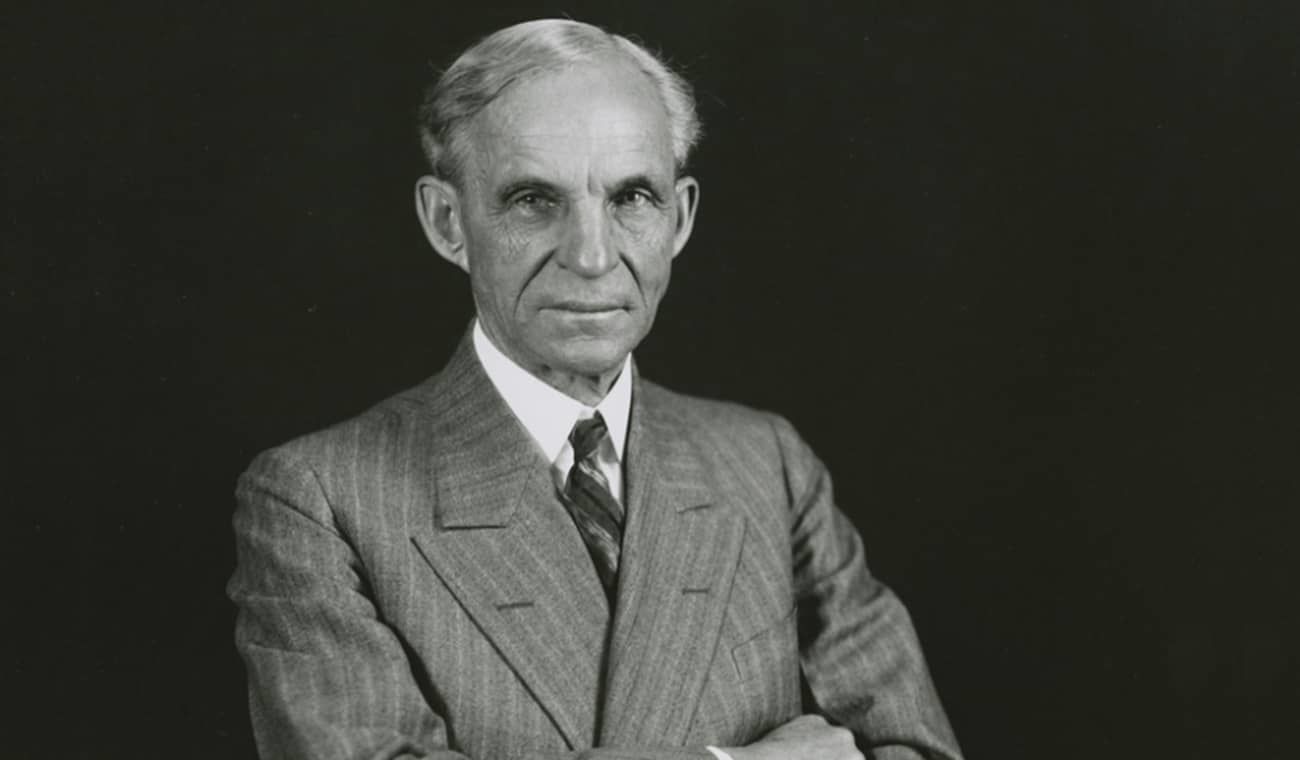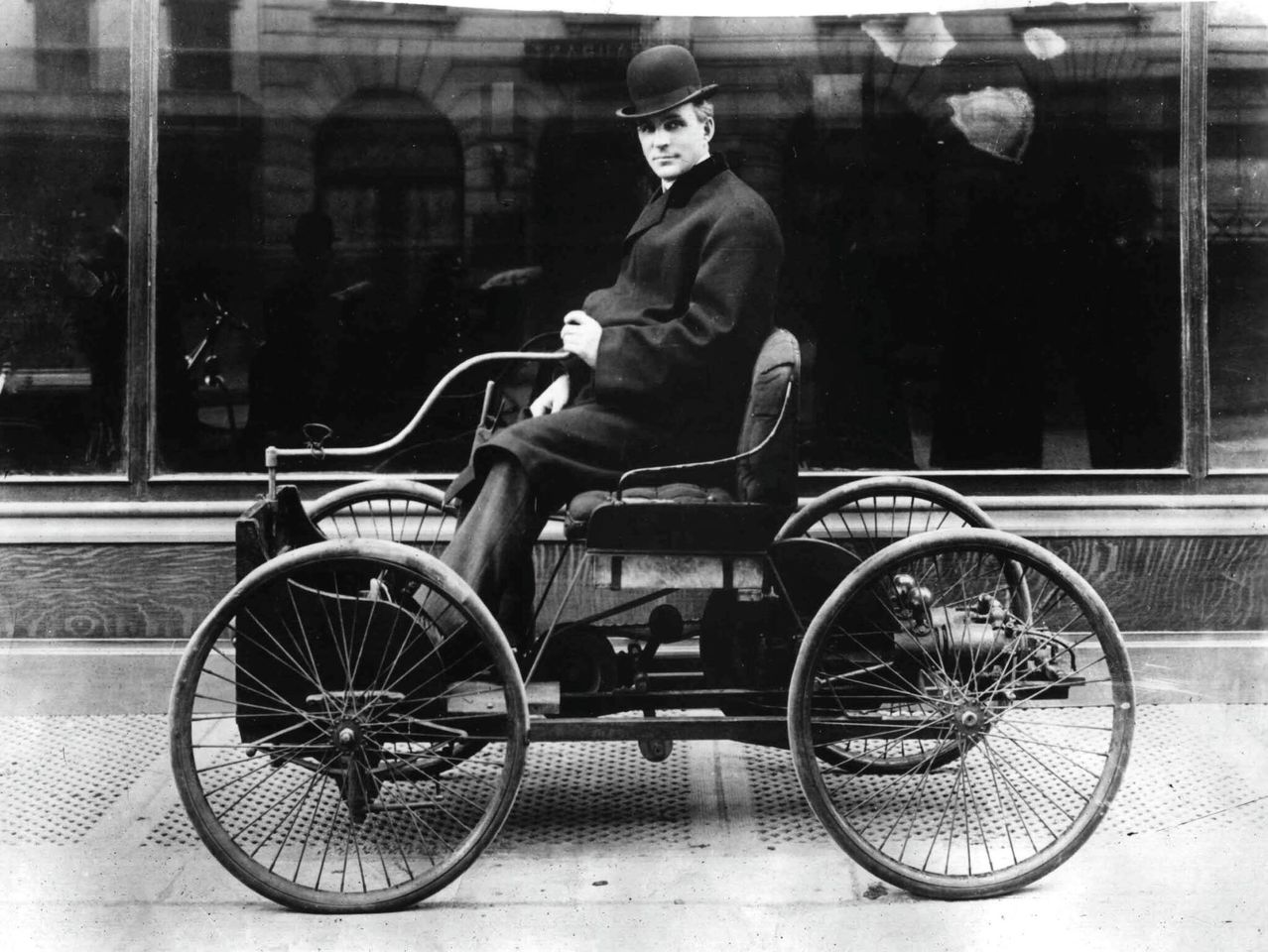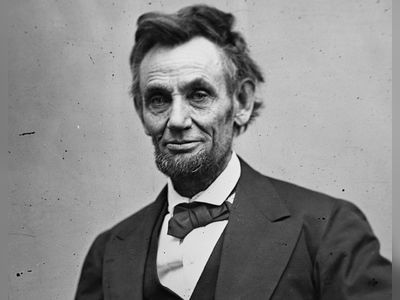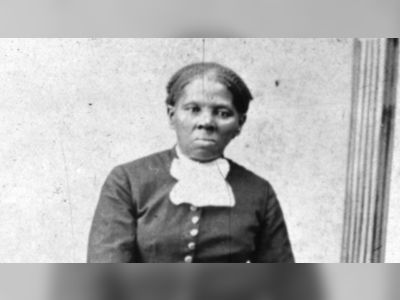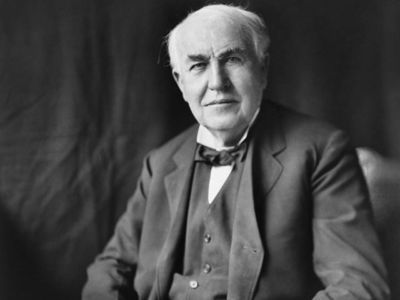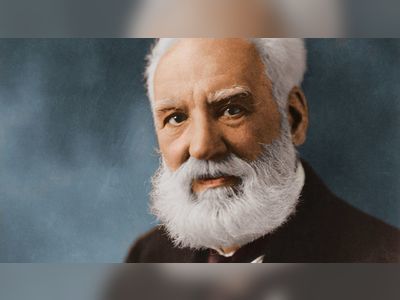American Talent
The Greatest That Made It Great
American ingenuity architects
A chronicle of brilliance
Henry Ford – Disrupted the Car Business
Henry Ford's influence on the auto industry and on American culture as a whole was enormous. His revolutionary production methods not only democratized access to automobiles, but also revolutionized workplace norms and created the modern manufacturing scene. Because of this, Ford's legacy is inextricably intertwined with the tale of American ingenuity and growth, and his name has come to represent the very essence of American industrialism.
The 20th century American industrialist movement owes a great deal to Henry Ford, creator of Ford Motor Company. Transportation, work routines, and economic structures were all drastically altered as a result of his introduction of the assembly line and mass production methods, as well as the manufacturing of the groundbreaking Model T.
